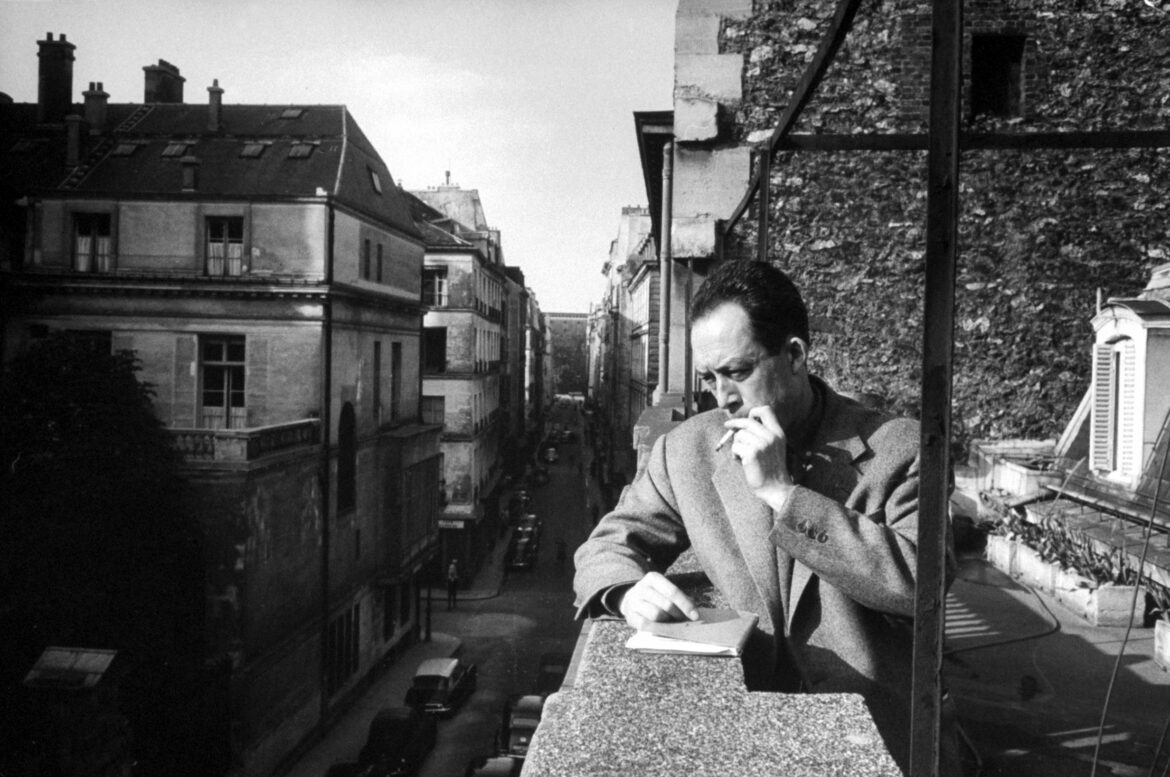In the vast landscape of philosophical ideas, two concepts often stand out for their unconventional take on life: absurdism and nihilism. Let’s embark on a journey to understand these philosophies, explore their differences, and ponder their implications on our existence.
Contents
Absurdism: Embracing the Inherent Absurdity of Life
Picture this: a world where the pursuit of meaning is like chasing a butterfly in the wind—elusive and, at times, downright absurd. This is the realm of absurdism, a philosophical stance that gained prominence through the works of thinkers like Albert Camus.
At the core of absurdism is the recognition of life’s inherent lack of meaning. Camus, in his essay “The Myth of Sisyphus,” presents the image of Sisyphus condemned to roll a boulder up a hill, only to watch it roll back down—an eternal cycle. The absurdity lies in the repetition, the futility of the task, and yet, Sisyphus continues.
We recently published a video on YouTube about one of Camus’s other stellar novel – The Stranger. Check it out. It provides a great summary of this topic.
In our own lives, absurdism challenges us to confront the lack of inherent meaning and create our own. It’s an invitation to dance in the face of the absurd, to find purpose in the act of living itself. According to Camus, true freedom is found when we embrace the absurdity, finding joy in the struggle and meaning in our individual choices.
Nihilism: The Void of Meaning
On the flip side of the philosophical coin is nihilism—a belief that life is devoid of inherent meaning or value. It’s a perspective that suggests everything is ultimately meaningless, and any attempt to find purpose is an exercise in futility. While absurdism acknowledges the absurdity of existence, nihilism takes it a step further by declaring life as fundamentally meaningless.
Friedrich Nietzsche, a prominent figure in nihilistic thought, famously proclaimed that “God is dead,” referring to the decline of traditional religious and moral values. In the absence of these guiding principles, nihilism argues that life lacks any objective meaning. This void, however, doesn’t necessarily lead to despair. Some nihilists argue that this lack of inherent meaning grants us the freedom to shape our own values and purpose.
Divergent Paths: Embracing or Rejecting the Absurd
One key distinction between absurdism and nihilism lies in their response to the inherent meaninglessness of life. Absurdism invites us to rebel against the absurd, to find our own meaning through our actions and choices. It’s a call to live authentically despite the lack of inherent purpose.
Nihilism, on the other hand, can be seen as a surrender to the void. While some nihilists advocate for the creation of personal meaning, others may find themselves in a nihilistic despair, believing that any attempts at significance are futile.
Conclusion: Finding Meaning in the Void
In the grand tapestry of existence, absurdism and nihilism offer contrasting perspectives on the search for meaning. Absurdism encourages us to dance in the chaos, to create our own purpose, and to find joy in the act of living. Nihilism, while acknowledging the void, challenges us to fill it with our own crafted meanings.
Ultimately, whether we choose to embrace the absurd or navigate the nihilistic void, the journey towards meaning is a deeply personal one. It’s a journey that invites us to explore, question, and create, making our own sense out of the seemingly senseless. In the dance between the absurd and the void, we may discover that the true beauty of existence lies in our ability to find meaning, even in the face of the most profound uncertainties.
Check out our other blogs about Ethics, especially the following
Ethics is a key part of Edukemy’s GS offerings. Please check our Courses page for more details.

